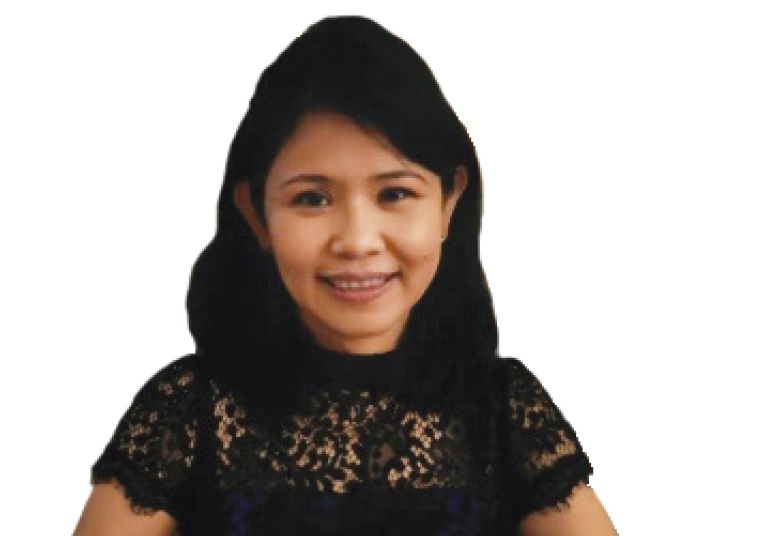What we do about elder abuse will be our legacy as a society
To deny humane support to the vulnerable elderly raises serious moral and ethical concerns. We, who are part of society, who are more capable — and therefore more powerful — must take responsibility for those who are more vulnerable and less powerful.
Nov 22, 2024

Dancing with Dementia - Dr Cecilia Chan
My heart shattered into a million pieces when I read the headline Old Folk’s Home Owner had their residents chained to their beds at a run-down place. I’m certain you would have felt the same pain as well. This incident starkly exposes the grim reality of eldercare in our country and highlights how far we are from true reform. Our pain is twofold — it stems not only from the horror of the act itself but from the deeper realisation that we can treat the frail and vulnerable, those most in need of care and protection, with such cruelty and neglect.
If being a vulnerable elderly person means suffering abandonment, hurt, humiliation, and abuse, then this isn’t just a geriatric issue. It is the disproof of our shaky pudding, technology, science, medical advancement, so-called progress, and all. Reports of elder abuse are rising, threatening to become a new pandemic that cuts deeply into the fabric of our society. Our once-cherished values of respect and care for the ageing population are dissolving, replaced by a troubling rise in neglect and mistreatment.
Recently, while visiting a friend in a care facility, I witnessed a heartbreaking scene. My friend sat beside a woman whose four limbs were restrained to her chair. She cried out in agony, with no one there to comfort her — completely alone. Across from them, another woman was also restrained, but she was silent, her eyes drained and lifeless. I later learned that both women were living with dementia, and tragically, they were not the only ones in such distress.
I find myself at a loss, trying to explain to the young people I mentor why kindness, respect, and empathy seem to be fading in the society they’re growing up in. The irony is overwhelming. How can I help them understand that, despite all our so-called progress, we’re still shackled by such glaring hypocrisy? How can we expect them to respect and care for us when we are old, frail, and need their support, if we don’t show them what true compassion looks like now?
One of my favourite Chinese stories succinctly points this out. It tells of an old woman who’s too weak to work in the field or help with household chores. She just sits on the porch, gazing out across the fields, while her son tills the soil and runs the farm. One day, the son looks up at the old woman and thinks, “What good is she now that she’s so old? All she does is eat up the food! I have my family to think about. It’s time for her to be done with life!” He then makes a big wooden box, places it on a wheelbarrow, rolls it up to the porch, and asks his mother to get in. The mother lies down in the box and the son puts the cover on, then wheels it toward the cliff. At the edge of the cliff, there is a knock from the box. “Yes, mother?” the son asks. The mother replies, “Why don’t you just throw me off the cliff and save the box? Your children are going to need it one day.”
To deny humane support to the vulnerable elderly raises serious moral and ethical concerns. We, who are part of society, who are more capable — and therefore more powerful — must take responsibility for those who are more vulnerable and less powerful. How we carry out the responsibility of caring for vulnerable individuals says much about us, as individuals and as a society. Thus, dementia presents as much a social and moral challenge as it does a medical one and decisions concerning “what to do” with those living with dementia are inextricably tied to the moral foundation of our society. Since for now, a cure for dementia is still not available, we owe it to our Malaysians living with dementia to carefully examine the elements of care practices that are the most effective in sustaining and supporting them. The measure of a society can be determined by the way it treats its most vulnerable members.
Honestly, elder abuse reflects a decay of basic human rights in a major segment of our society. How do we move forward? It starts with us. It starts with our human heart. I would like to end by reminding us of what St Francis of Assisi once said, “Preach the Gospel at all times, and when necessary, use words.”
(Dr Cecilia Chan is a Gerontologist and Dementia Advocate and Activist. She can be contacted via WhatsApp 013-4384388.)







Total Comments:0